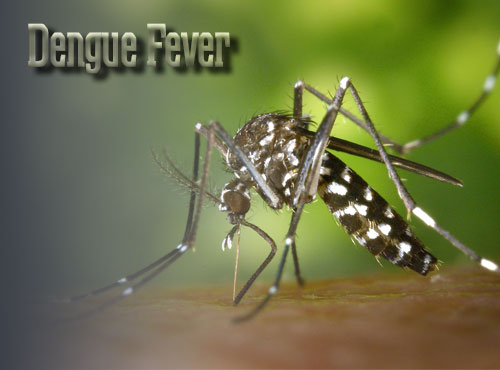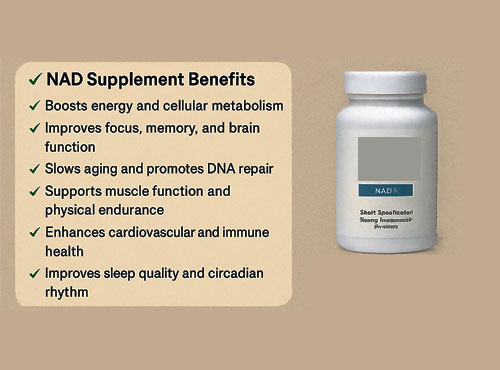Dengue Fever Symptoms: Early Detection, Prompt Treatment, and Prevention Tips
Dengue fever is a mosquito-borne illness that has become a global health concern, especially in tropical and subtropical regions. Caused by the dengue virus, this condition can range from mild to severe, with potentially life-threatening complications. Early detection, proper treatment, and effective prevention strategies can save lives and reduce the spread of the disease. This comprehensive guide explores the symptoms of dengue fever, the importance of early detection, treatment options, and essential prevention tips.
What Is Dengue Fever?
Dengue fever is caused by the dengue virus, which is transmitted primarily by the Aedes aegypti and Aedes albopictus mosquitoes. These mosquitoes are most active during the day, particularly early morning and late afternoon. The disease is prevalent in areas with warm climates and frequent rainfall, as stagnant water serves as breeding grounds for mosquitoes.
There are four strains of the dengue virus (DENV-1, DENV-2, DENV-3, and DENV-4). Infection with one strain provides lifelong immunity to that strain but not to others, increasing the risk of severe complications with subsequent infections.
Early Symptoms of Dengue Fever
The symptoms of dengue fever typically appear 4 to 10 days after a person is bitten by an infected mosquito. Recognizing these early signs is crucial for timely treatment:
- High Fever: Dengue fever often begins with a sudden high fever (40°C or 104°F).
- Severe Headache: A persistent headache, particularly around the forehead, is a common symptom.
- Pain Behind the Eyes: This retro-orbital pain is a distinctive feature of dengue fever.
- Muscle and Joint Pain: Often referred to as “breakbone fever,” dengue can cause debilitating pain in the muscles and joints.
- Nausea and Vomiting: These gastrointestinal symptoms may accompany other signs.
- Skin Rash: A characteristic rash may develop a few days after the fever starts.
- Fatigue: Extreme tiredness and lethargy are common as the body fights the virus.
- Mild Bleeding: Symptoms like nosebleeds, bleeding gums, or easy bruising may occur due to reduced platelet levels.
Severe Dengue (Dengue Hemorrhagic Fever)
If untreated, dengue fever can progress to a more severe form known as Dengue Hemorrhagic Fever (DHF) or Dengue Shock Syndrome (DSS). These conditions are life-threatening and require immediate medical attention. Symptoms of severe dengue include:
- Severe abdominal pain
- Persistent vomiting
- Bleeding from the nose, gums, or under the skin
- Blood in vomit or stool
- Difficulty breathing
- Restlessness or irritability
Diagnosing Dengue Fever
If you suspect dengue fever, seek medical attention promptly. Diagnosis typically involves:
- Clinical Examination: A doctor evaluates symptoms and checks for signs like skin rashes or bleeding.
- Laboratory Tests: Blood tests, such as the NS1 antigen test or RT-PCR, help confirm the presence of the dengue virus. Platelet counts and white blood cell levels are also monitored.
Treatment for Dengue Fever
Currently, there is no specific antiviral treatment for dengue fever. Management focuses on relieving symptoms and preventing complications:
- Hydration: Staying hydrated is critical to avoid dehydration caused by fever and vomiting.
- Pain Relief: Paracetamol (acetaminophen) can help reduce fever and alleviate pain. Avoid non-steroidal anti-inflammatory drugs (NSAIDs) like aspirin or ibuprofen, as they can increase the risk of bleeding.
- Hospital Care: Severe cases may require hospitalization for intravenous fluids, blood transfusions, and close monitoring.
- Rest: Adequate rest helps the body recover faster from the infection.
Dengue Fever Vaccine
Vaccination is an important preventive measure against dengue fever, particularly in areas where the disease is endemic. The Dengvaxia vaccine is currently available and approved in several countries for individuals who have had a prior dengue infection. This vaccine helps reduce the risk of severe dengue in people who are already exposed to the virus. However, it is not recommended for those who have never been infected, as it may increase the risk of severe complications. Consult your healthcare provider to determine if the dengue fever vaccine is suitable for you or your family members.
Prevention Tips for Dengue Fever
Preventing dengue fever involves minimizing exposure to mosquitoes and controlling their breeding:
- Use Mosquito Repellents: Apply repellents containing DEET, picaridin, or oil of lemon eucalyptus to exposed skin.
- Wear Protective Clothing: Long-sleeved shirts and pants reduce the risk of mosquito bites.
- Install Mosquito Nets: Use nets treated with insecticides to protect against mosquitoes while sleeping.
- Eliminate Breeding Sites: Regularly empty and clean containers that collect water, such as buckets, flower pots, and tires.
- Use Window and Door Screens: Ensure homes are mosquito-proof by fixing any gaps or holes in screens.
- Community Efforts: Participate in community clean-up drives and awareness campaigns to reduce mosquito populations.
- Vaccination: Dengvaxia is a vaccine available in some countries for individuals who have previously been infected with dengue. Consult a healthcare provider for advice.
Want to know more about dengue fever?
If you want to know more about dengue fever and its symptoms, visit the World Health Organization.
👉👉 Visit our website to learn about different types of fever.
Dengue fever is a serious health concern, but early detection, proper treatment, and preventive measures can significantly reduce its impact. By staying vigilant, following recommended precautions, and spreading awareness, individuals and communities can combat the spread of this mosquito-borne disease effectively. Protect yourself and your loved ones by staying informed and prepared.






